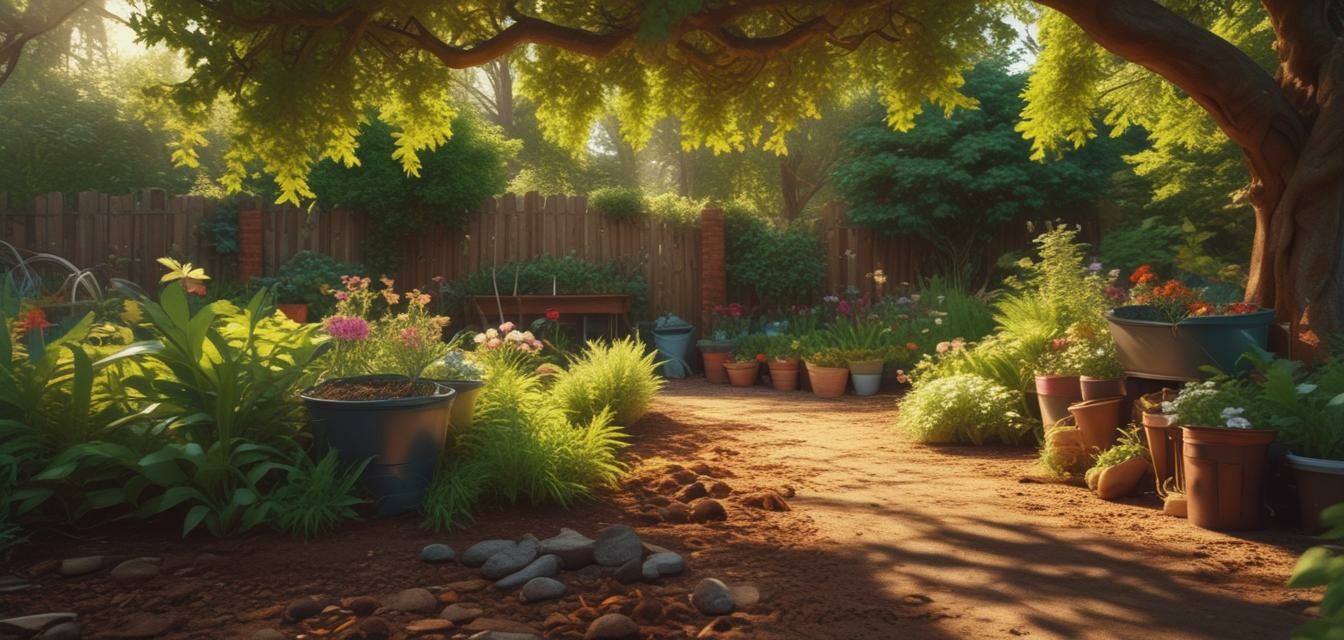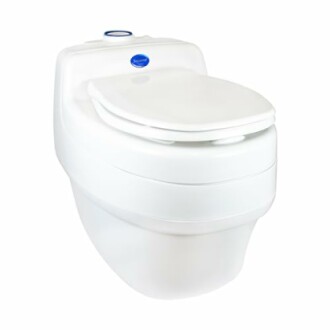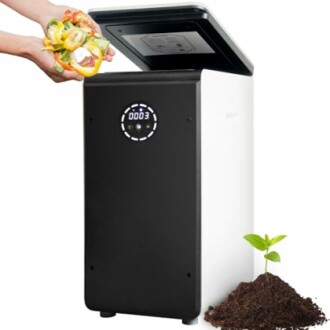
Best Practices for Effective Composting
Key Takeaways
- Composting transforms kitchen waste into nutrient-rich soil.
- Maintain a balanced mix of green and brown materials.
- Regular turning accelerates composting and prevents odor.
- Use the right composting system based on your needs.
- Monitor moisture levels to keep compost active.
Composting is an eco-friendly way to recycle kitchen waste, turning it into valuable nutrients for your garden. In this guide, we will explore effective composting best practices that ensure your compost is rich in organic material, enhancing soil quality and plant health.
Understanding Composting Basics
Before diving into the best practices, let's first understand what composting is. Composting is the process of breaking down organic waste into compost—a dark, crumbly substance that enriches garden soil.
What Can Be Composted?
Not all waste can be composted. Here's a quick list of what you can and cannot include:
| Can Be Composted | Cannot Be Composted |
|---|---|
| Fruit and vegetable scraps | Meat and dairy products |
| Coffee grounds and filters | Pet waste |
| Eggshells | Oils and fats |
| Grass clippings | Diseased plants |
Best Practices for Effective Composting
To ensure your compost is effective, follow these best practices:
1. Maintain the Right Balance
A successful compost pile requires a balance of "green" and "brown" materials:
- Green materials: Nitrogen-rich items such as vegetable scraps, grass clippings, and coffee grounds.
- Brown materials: Carbon-rich items such as dried leaves, cardboard, and straw.
A ratio of about 3 parts brown to 1 part green is recommended for ideal composting.
2. Turn Your Pile Regularly
Regularly turning your compost pile helps aerate it and speeds up the decomposition process. This practice also helps prevent any unpleasant odors. Aim to turn your compost every few weeks.
3. Monitor Moisture Levels
Your compost pile should be as moist as a wrung-out sponge. If it's too dry, add water or more green materials. If it's too wet, add more brown materials to soak up excess moisture.
Villa 9215 AC/DC 12V Urine Diverting High Capacity Waterless Composting Toilet
An efficient composting toilet that offers a unique solution for waste management, perfect for off-grid living.
Learn MoreChoosing the Right Composting Method
There are several methods of composting. Choose the one that best suits your lifestyle:
- Pile composting: A simple method that involves making a heap of compostable materials.
- Bin composting: A cleaner and more organized way to compost using a designated bin. Explore our Composting & Waste Management for more options.
- Bokashi composting: A fermentation process that uses anaerobic bacteria to break down waste.
Benefits of Composting
Composting comes with numerous benefits:
- Reduces landfill waste
- Improves soil health
- Saves money on fertilizers
- Helps in water retention for plants
GEME World First Bio Smart 19L Electric Composter for Kitchen
Effortlessly manage food waste with this electric composter, transforming scraps into nutrient-rich compost in hours.
Learn MoreComposting in Your Garden
Finally, integrating compost into your gardening routine is simple. Here are steps to incorporate compost effectively:
- Mix compost into the soil during planting.
- Use as mulch around garden plants.
- Top-dress established plants with compost.
Resourceful Links
For further reading, check out these helpful resources:
- Innovative Irrigation Solutions
- Sustainable Garden Design
- Pest and Weed Management
- Buying Guides
- Seasonal Gardening Tips
Tips for Beginners
If you are new to composting, consider these tips to get started:
- Start small with a container compost bin.
- Keep a separate container in the kitchen for easy waste collection.
- Use a compost thermometer to monitor the temperature.
- Be patient—good compost takes time to develop.
Conclusion
Composting is a rewarding practice that not only benefits your garden but also contributes to a healthier environment. By implementing these best practices, you can create rich, organic compost from your kitchen waste. Start your composting journey today and watch your garden thrive!

